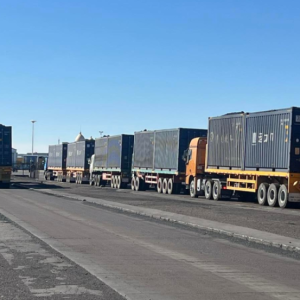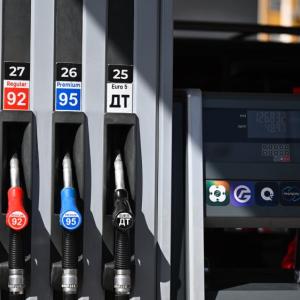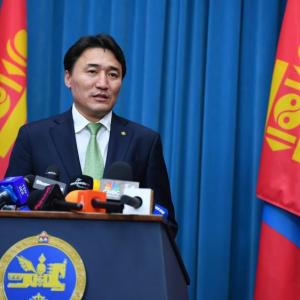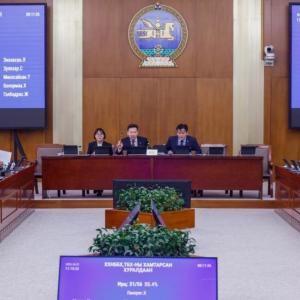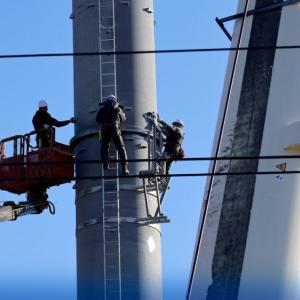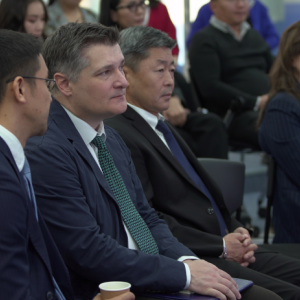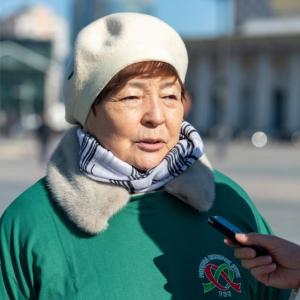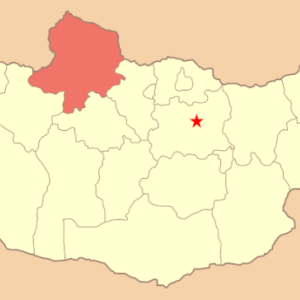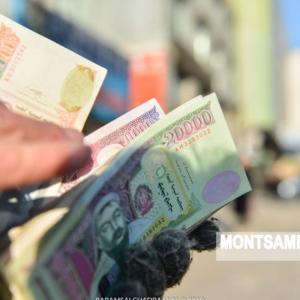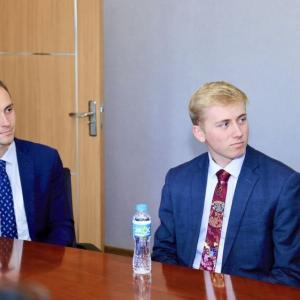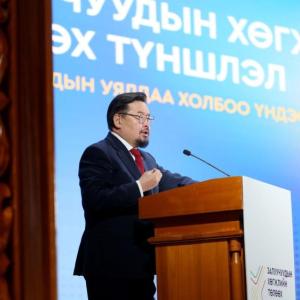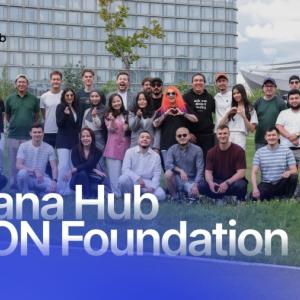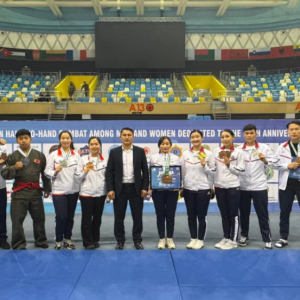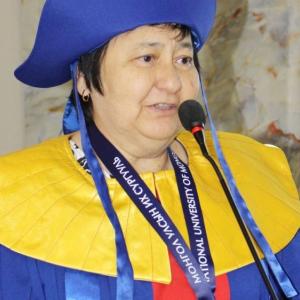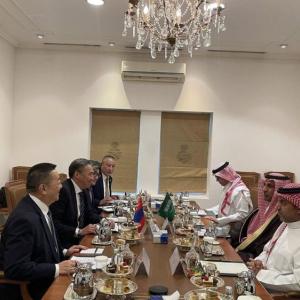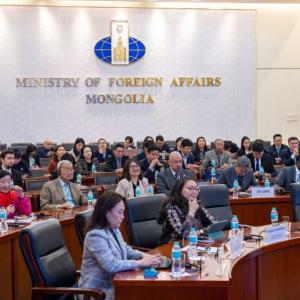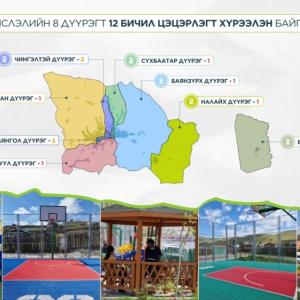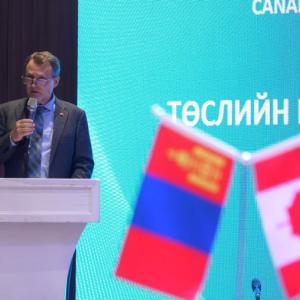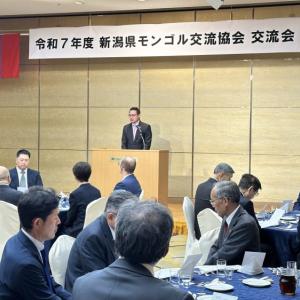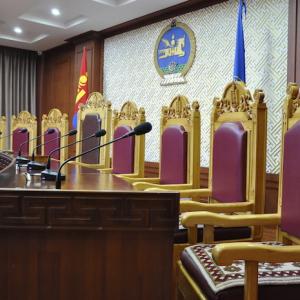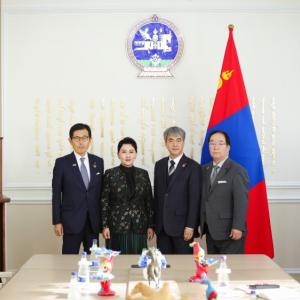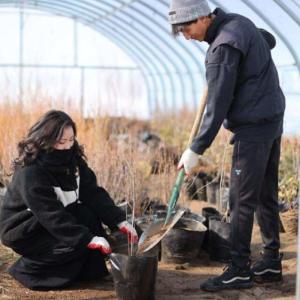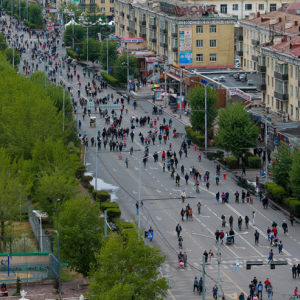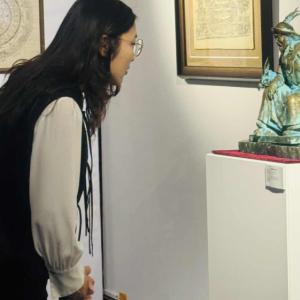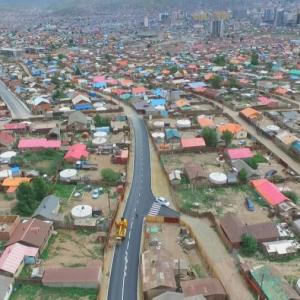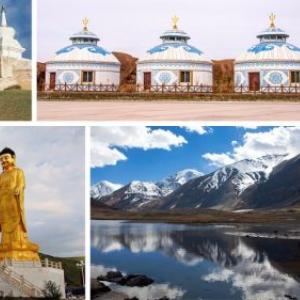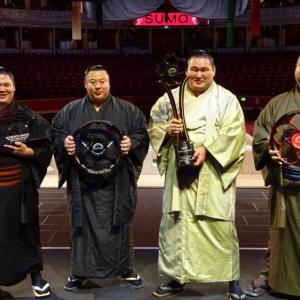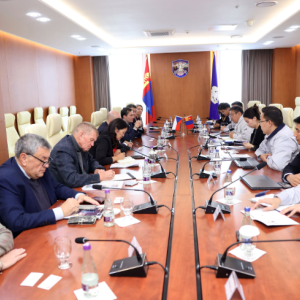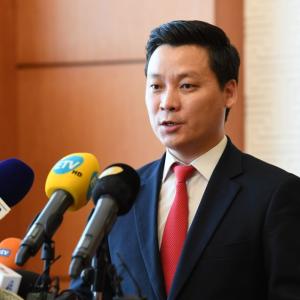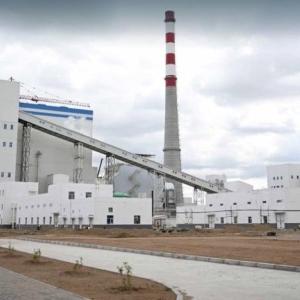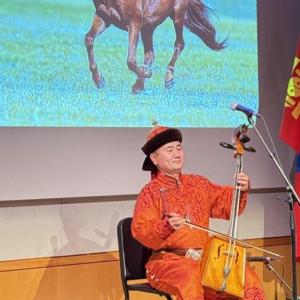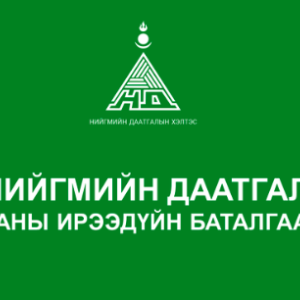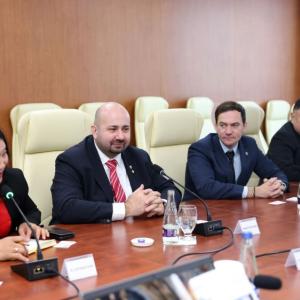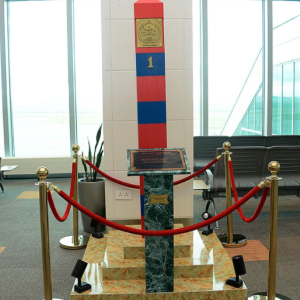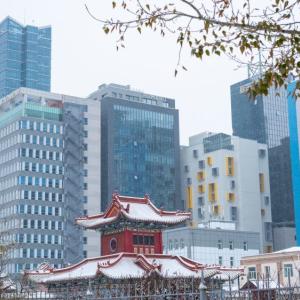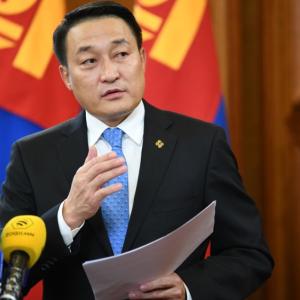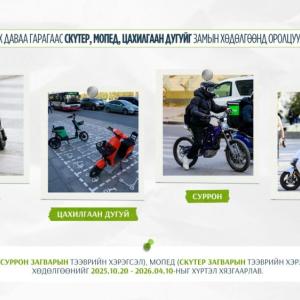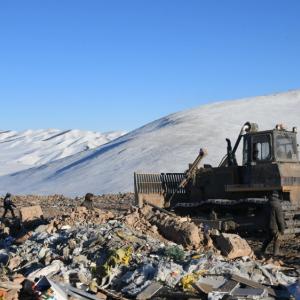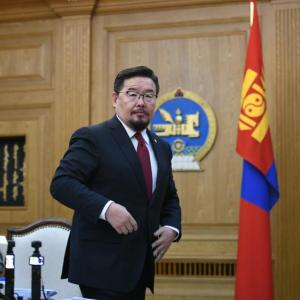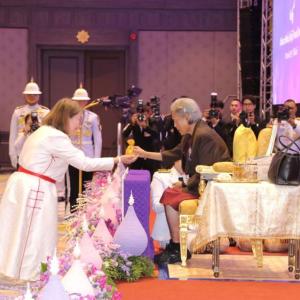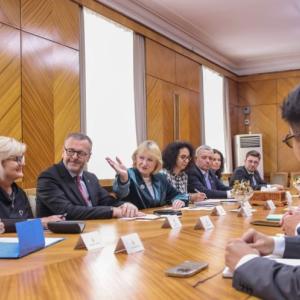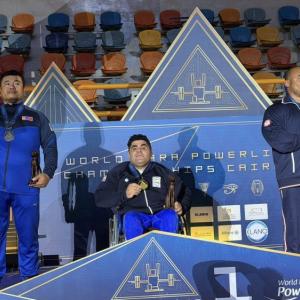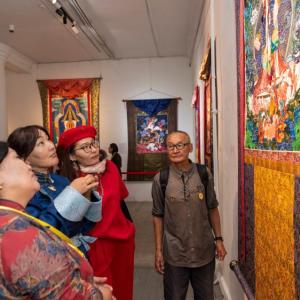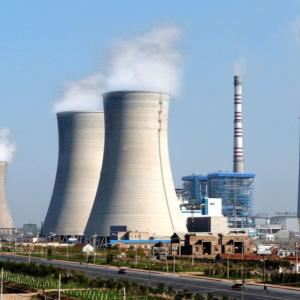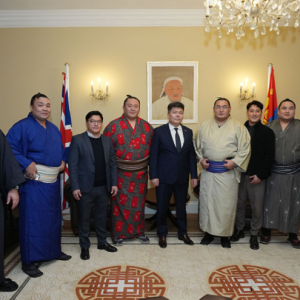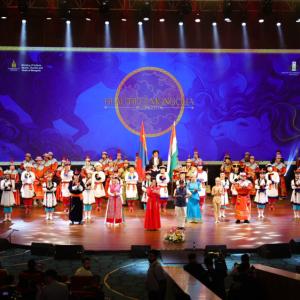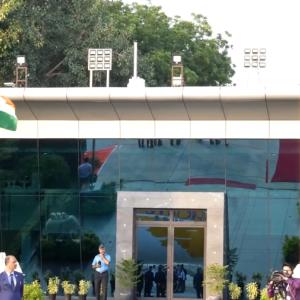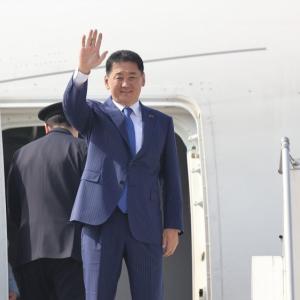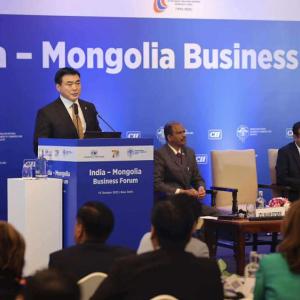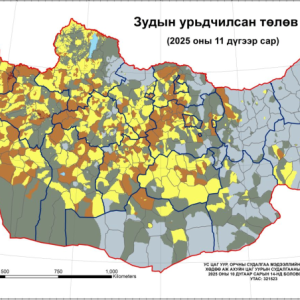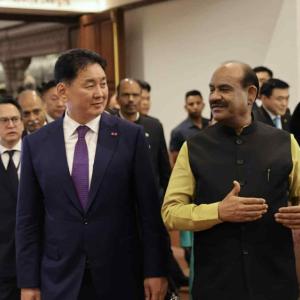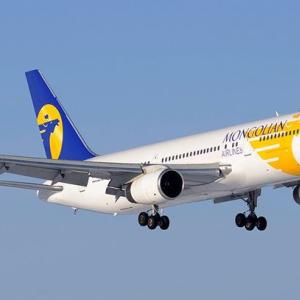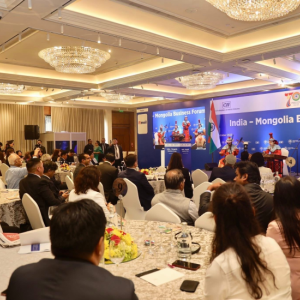Ulaanbaatar Dialogue: Fostering Peace and Cooperation in Northeast Asia
Politics
Ulaanbaatar, June 12, /MONTSAME/. Recently, Mongolia's foreign relations have been very active, with various visits of foreign government officials and the organization of major international events. One of these events is Ulaanbaatar Dialogue on Northeast Asian Security, the international conference organized by the Ministry of Foreign Affairs and the Institute for Strategic Studies of Mongolia. Mr. N. Ankhbayar, State Secretary of the Ministry of Foreign Affairs has been interviewed about the conference.
- How many visits and
events has the Ministry of Foreign Affairs organized this year so far?
- Since the beginning of this year, the Ministry of Foreign Affairs has organized visits to more than 10 countries at the level of Minister, Deputy Minister, and State Secretary of State of Foreign Affairs. Additionally, representatives from almost the same number of foreign countries have visited Mongolia. Moreover, this month alone, we have scheduled the Meeting of Women Foreign Ministers, the Ulaanbaatar Dialogue international conference on Northeast Asian security, the Global Export Promotion Forum, and the Regional seminar on promoting women, peace, and security in Northeast Asia. We are actively preparing to host these major international events in Ulaanbaatar.
-Two events related to Northeast Asia will be held this month. Why does Mongolia focus on Northeast Asia?
- The regions of Northeast
Asia and Central Asia and its peace, security, economic development, social
development, and environmental issues are of great importance to Mongolia, which
stretched over vast territories to the east and west, regionally part of both
the two regions. Northeast Asia, with
its majority population and potential priority role in future development,
as diplomats and scholars consider still faces security threats arising due to
state interests, geopolitical conflicts, territorial disputes, and mistrust. It
also confronts traditional and non-traditional challenges, including the issue
of nuclear weapons. The six-party talks initiated in Beijing in 2003 by
diplomats from Russia, the United States, China, South Korea, North Korea, and
Japan to address the Korean Peninsula issue have reached a stalemate.
Given Mongolia's
traditionally friendly relations with all countries in Northeast Asia,
including South Korea and North Korea, we believe we can contribute to regional peace, security, and the establishment of peace on the Korean
Peninsula. The "Ulaanbaatar Dialogue" initiative was proposed as it
aligns with our country's goal of consistently implementing a peace-loving,
open, multi-pillar foreign policy and contributing to global and regional peace
and security.
-Could you provide a brief introduction to the "Ulaanbaatar Dialogue" initiative?
-Since the 1980s, before
the end of the Cold War, our senior diplomats proposed numerous initiatives to
establish a dialogue mechanism for the security of Northeast Asia. In 2001,
Mongolia put forward an initiative
to establish a dialogue mechanism for ensuring peace and security in Northeast
Asia. We raised the issue again in 2003, but due to the prevailing
circumstances, it was not realized. Furthermore, we made constant efforts in this direction including organizing the
international conference on "The Future of Central Asia and Northeast
Asia's Security: New Helsinki" in 2008, as well as hosting the meetings of
the bilateral working groups in charge of the normalization of North Korea-Japan
relations in 2009 and 2012 in Ulaanbaatar. Finally, in 2013, our country initiated
the "Ulaanbaatar Dialogue" initiative.
- Now, could you
elaborate on the Ulaanbaatar Dialogue, the international conference on
security issues in Northeast Asia?
-Under the framework
of the "Ulaanbaatar Dialogue" initiative, Mongolia has been
organizing an annual conference on security issues in Northeast Asia since
2014. The conference, held in June each year, has become a traditional platform
for discussing security issues in Northeast Asia and its solutions. It attracts
participants not only from the region but also from Asia, the Pacific region,
North America, and Europe. After a two-year hiatus in 2020 and 2021 due to the
Covid-19 pandemic, we successfully held the seventh conference in 2022, both
in-person and online. The eighth conference is scheduled to take place on the
15th and 16th of June.
The "Ulaanbaatar
Dialogue" is unique compared to other dialogue mechanisms in the region.
It covers a wide range of issues and encourages open expression of opinions in
an informal setting. The discussion format combines the first channel of
official representatives and the second channel of academics, which helps
prevent the dialogue from reaching a deadlock.
- With recent missile
tests conducted by North Korea, is there hope for peace in Northeast Asia?
-In today's
complicated international relations landscape, our country maintains a balanced
foreign policy based on the main principles of our peace-loving, multi-pillar,
and open approach. Diplomacy teaches us the importance of constantly seeking
ways to continue the dialogue, even in tense and conflicted situations.
We believe that
engaging North Korea in international dialogue is more effective than isolating
the country. Despite the deadlock in the six-party talks and closed dialogue
channels, we remain committed to this policy, which led us to launch the
"Ulaanbaatar Dialogue" initiative in the past. Regional countries
have shown great support for our initiative.
- Will there be a representation
of North Korea participating in the eighth international conference?
-We have extended an
invitation to the Democratic People’s Republic of Korea to participate in the
conference. The door to the conference is always open to them. For the DPRK,
the "Ulaanbaatar Dialogue" serves as an important platform to express
its position, and its voice to be heard to the world and offers an opportunity to
exchange views with other countries.
- What is the theme of
this year's conference? How is it different from previous years?
-This year's
conference marks the 10th anniversary of the "Ulaanbaatar Dialogue"
initiative. It will be a conference that reviews the experiences, challenges,
and achievements of the past 10 years while planning for the next 10 years.
Over the past five years, the conference has been organized using a 1.5-channel
format, which combines official representatives (first channel) and academics (second channel). In
addition to Northeast Asian countries, more than 150 representatives from over
20 countries, including the Netherlands, France, Britain, Estonia, the
Philippines, and Kazakhstan, as well as international organizations, and
research centers have confirmed their participation. Izumi Nakamitsu, the UN
High Representative for Disarmament Affairs, will also take part. The
high-level participation of the United Nations signifies its recognition of the
conference's significance.
The main sessions of
the conference will focus on topics namely, "Security Challenges and
Opportunities in Northeast Asia," "Multilateral Cooperation in
Northeast Asia," "Future of Peace in Northeast Asia,"
"Economic Cooperation in Northeast Asia after the Pandemic," and
"Promoting Energy Cooperation in Northeast Asia."
 Ulaanbaatar
Ulaanbaatar







